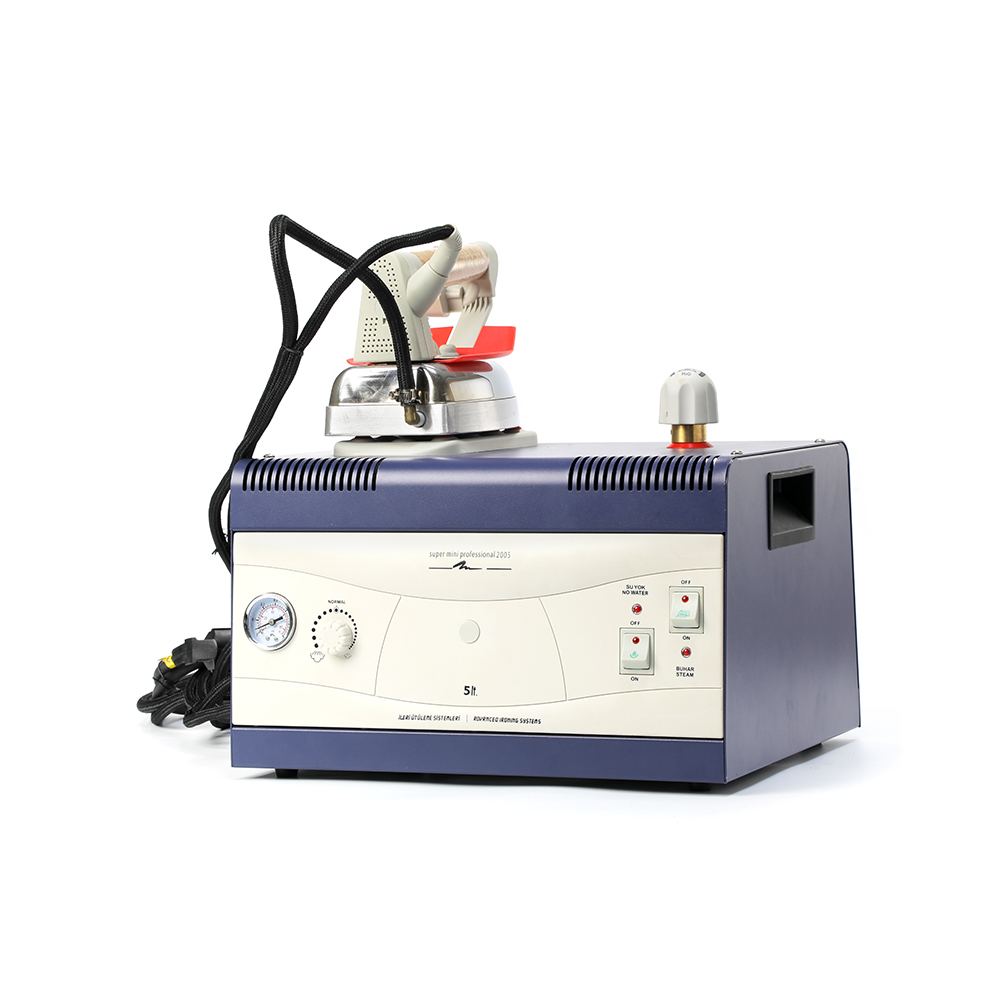Steam boilers have long been integral to a wide range of industrial applications, providing reliable heat and power to processes across multiple sectors. As industries evolve and adapt to new technologies, the steam boiler continues to play a vital role in both traditional and cutting-edge operations. From power generation to chemical processing and manufacturing, the steam boiler has become an indispensable tool for maintaining efficiency and optimizing performance in modern industrial environments.
A steam boiler operates by heating water to produce steam, which is then used for various applications, including powering turbines, providing heat for industrial processes, or generating electricity. These systems are crucial in industries like oil refining, food production, pharmaceuticals, and textiles, where consistent and efficient steam production is essential for maintaining production quality and reducing downtime.
The flexibility and versatility of the steam boiler make it suitable for use in both large-scale industrial plants and smaller, specialized operations. In power plants, for instance, steam boilers are used to generate the steam necessary to drive turbines, producing electricity for the national grid. The ability of the steam boiler to operate at various pressure levels allows it to be customized to meet the unique needs of each application, improving efficiency and reducing energy consumption.
As the global push toward sustainability and energy efficiency continues to grow, modern steam boilers are being equipped with advanced technologies that reduce their environmental impact. Newer models are designed to burn fuel more efficiently, minimizing greenhouse gas emissions and reducing operational costs. The integration of smart sensors and automated control systems further enhances the efficiency of these boilers, enabling real-time monitoring and adjustments to optimize performance and reduce waste.

One of the significant advancements in the steam boiler industry is the development of low-emission and high-efficiency systems. With increasing environmental regulations and the need for cleaner energy sources, manufacturers have focused on designing steam boilers that produce fewer emissions while energy output. These advanced boilers often feature combustion control systems that ensure complete fuel combustion, thus reducing harmful byproducts like nitrogen oxides (NOx) and carbon dioxide (CO2).
In the food and beverage industry, steam boilers are indispensable for cooking, sterilizing, and pasteurizing products. Steam is often used to maintain consistent temperatures in large industrial kitchens and processing plants, ensuring that products are processed safely and efficiently. The reliability and precision of steam boilers make them an ideal choice for these applications, where temperature control is critical to ensuring product quality and food safety.
The pharmaceutical industry also relies heavily on steam boilers for sterilization purposes. Steam is used to sanitize equipment, containers, and production areas, ensuring that products meet strict quality standards. With the growing demand for pharmaceutical products, especially during global health crises, the role of steam boilers in supporting the production of life-saving medicines cannot be overstated.
The rising adoption of renewable energy sources is another trend shaping the future of steam boilers. While traditional steam boilers typically rely on fossil fuels such as coal, natural gas, or oil, there is increasing interest in integrating biomass, biogas, and other renewable fuels into boiler systems. These alternative fuels offer the potential to significantly reduce the carbon footprint of industrial operations while providing a steady and reliable energy source.
As industries continue to pursue sustainability goals, the ability of steam boilers to adapt to renewable energy sources will be crucial in maintaining their relevance. For instance, some newer models are designed to operate with a combination of traditional fuels and renewable energy, providing companies with the flexibility to switch between energy sources as needed. This adaptability helps businesses reduce their reliance on non-renewable resources while contributing to global efforts to combat climate change.
In addition to advancements in fuel efficiency and emissions control, the steam boiler industry is also seeing significant improvements in maintenance and operational monitoring. Modern steam boilers are equipped with sensors that continuously track various performance metrics, including temperature, pressure, and fuel consumption. These sensors provide operators with real-time data that can be used to optimize boiler performance, schedule maintenance, and prevent potential breakdowns.